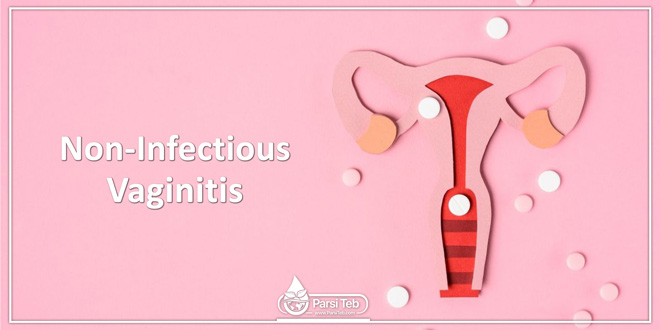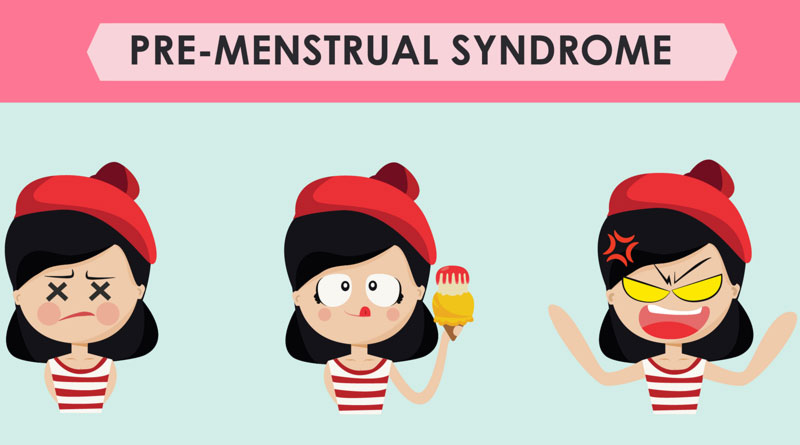what Is Non-Infectious Vaginitis?
Occasionally, a woman can have itching, burning, and even a vaginal discharge without having an infection. The most common cause is an allergic reaction or irritation from vaginal sprays, douches, or spermicidal products. The skin around the vagina also can be sensitive to perfumed soaps, detergents, and fabric softeners.
Another non-infectious form of vaginitis results from a decrease in hormones because of menopause or because of surgery that removes the ovaries. In this form, the vagina becomes dry. This is referred to as atrophic vaginitis. The woman may notice pain, especially with sexual intercourse, as well as vaginal itching and burning.
How Are Vaginal Infections Treated?
The key to proper treatment of vaginal infections is proper diagnosis. This is not always easy since the same symptoms can exist in different forms of vaginitis. You can greatly assist your doctor by paying close attention to exactly which symptoms you have and when they occur, along with a description of the color, consistency, amount, and smell of any abnormal discharge. Do not douche before your office or clinic visit; it will make accurate testing difficult or impossible. Some doctors ask that you abstain from sex for 24 hours before your appointment.
Because different types of vaginitis have different causes, the treatment needs to be specific to the type of vaginitis present. It is best to see your doctor before self-treating with over-the-counter medications.
“Non-infectious” vaginitis is treated by changing the probable cause. If you recently changed your soap or laundry detergent or have added a fabric softener, you might consider stopping the new product to see if the symptoms improve. The same instruction would apply to a new vaginal spray, douche, sanitary napkin, or tampon. If the vaginitis is due to hormonal changes, estrogen may be prescribed to help reduce symptoms.
 Parsi Teb Physical and Mental Health Journal
Parsi Teb Physical and Mental Health Journal 



